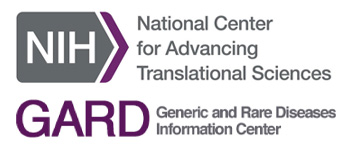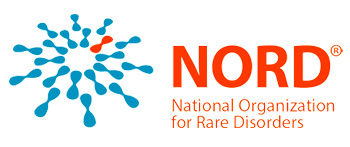Accelerated
discovery and
diagnosis
Access to the most current clinical information
Increased opportunity for the best clinical outcomes
35 MILLION IN THE UNITED STATES ALONE
One in 10 People
Have a Rare Disease
These patients typically wait 5-8 years to get an accurate diagnosis. During that diagnostic odyssey, these patients will see up to 10 different providers (half of whom are specialists), be misdiagnosed three times and inappropriately cared for at least twice, while frequently being tagged as psychosomatic or drug seekers.
50% of rare disease patients and caregivers attributed diagnostic delays to a lack of disease awareness, yet with more than 7,000 rare diseases, it is impossible for any one healthcare provider to understand all possible diagnoses.

HOW IT WORKS
Unmatched Experience
Our team's combined 40+ years in the rare disease marketplace and personal experience with the rare disease diagnostic odyssey led us to believe that there had to be a better way. We knew the data to accelerate rare disease diagnoses and target patients existed in the electronic health records. We just had to figure out how to access it while protecting patient privacy and maintaining legal compliance. Rare Disease Data Trust is the solution.

Data Partnerships
75% of the patient population resides in community-based healthcare systems. We work on behalf of healthcare providers to safely and securely search their electronic health records for targeted lost or undiagnosed rare disease patients.

Search Sponsorships
BioPharma companies looking for rare disease patients sponsor searches through Rare Disease Data Trust and have input into search data models.

Alert & Educate Providers
Healthcare providers are notified when one of their patients meets criteria that suggest the presence of targeted rare disease. We provide disease state education to physicians with suspected patients. Patients and providers can then independently decide on the best path forward.

Bridge The Gap
Rare disease patients are quickly identified, triaged, and diagnosed, without the typical and dangerous diagnostic odyssey. Providers and patients can make informed clinical decisions about their care. This allows healthcare providers to administer quality care for some of their most vulnerable patients, while generating meaningful revenue from patient-centric data mining.




